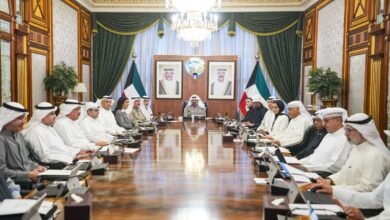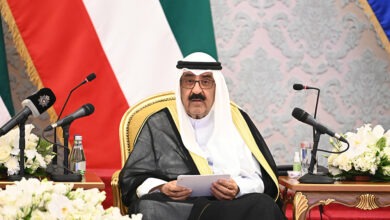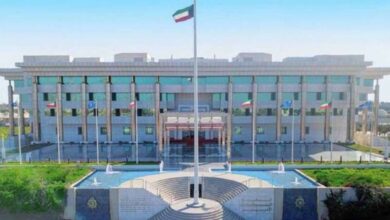Strategic and cultural cooperation ushers in a ‘New Era’ for Uzbekistan-Jordan relations
On August 25–26, at the invitation of President Shavkat Mirziyoyev, King Abdullah II of Jordan is paying a state visit to Uzbekistan. Since establishing diplomatic relations in 1993, Uzbekistan and Jordan have steadily transformed their ties from formal contacts into a comprehensive partnership spanning politics, economics, and cultural-humanitarian cooperation.
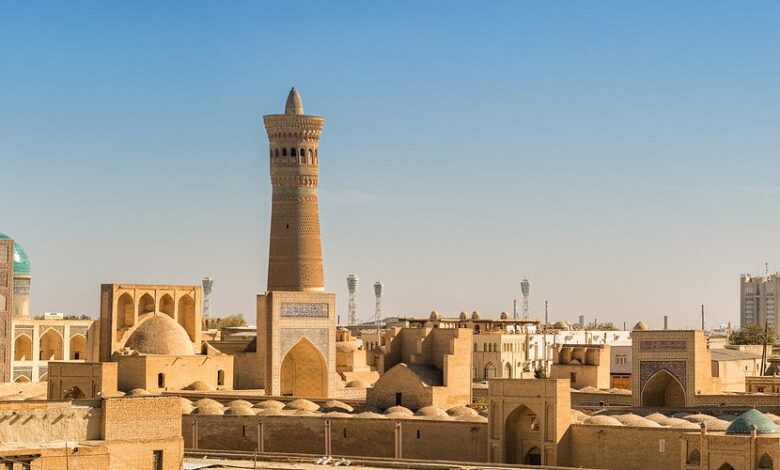
Diplomatic relations between the Republic of Uzbekistan and the Hashemite Kingdom of Jordan were officially established in February 1993. Over the years, these ties have evolved from formal contacts into a broad partnership encompassing political, economic, and cultural-humanitarian cooperation.
In June 1994, Jordan opened its embassy in Tashkent, while the Ambassador of Uzbekistan, resident in Riyadh, is concurrently accredited in Amman. Since August 2007, the Honorary Consul of Uzbekistan in Jordan, a position held by Jordanian citizen Luay Abu-Ghazaleh, has been operating to further strengthen diplomatic connections.
Political dialogue between the two countries has historically been maintained through meetings at international forums, telephone conversations, official communications, and occasional high-level visits, reflecting consistent engagement despite geographical distance.
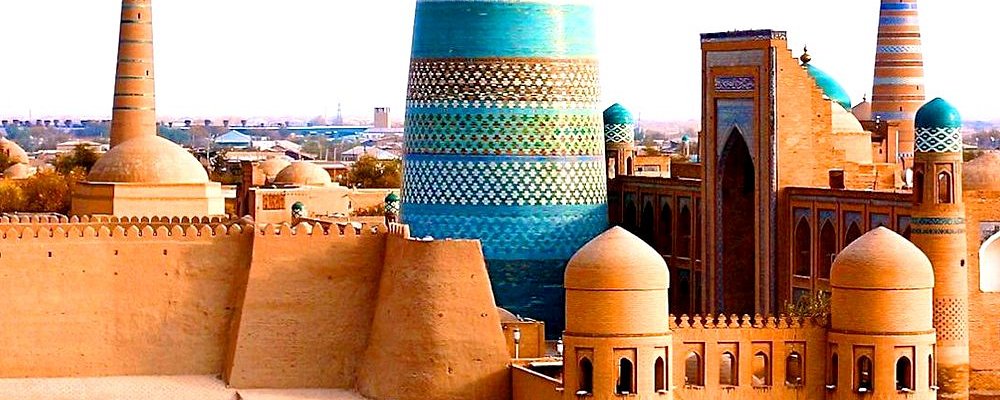
In recent years, bilateral relations have gained momentum, with both sides showing a strong commitment to expanding cooperation. This growing partnership relies on the significant potential for mutual benefits across various sectors.
In 2025, a delegation from Uzbekistan, headed by Foreign Minister Bakhtiyor Saidov, visited Amman. The delegation delivered President Shavkat Mirziyoyev’s personal greetings to King Abdullah II, held talks with Deputy Prime Minister and Foreign Minister Ayman Safadi, and met representatives from key ministries and major companies.
Significant outcomes of the visit included the signing of an agreement abolishing the visa regime for holders of diplomatic passports and the adoption of a Joint Program of Cooperation between the foreign ministries for 2025–2027. These initiatives aim to formalize and systematize bilateral relations.
While economic cooperation remains relatively modest—with bilateral trade at approximately USD 4.6 million in 2024—both nations have outlined strategies to intensify it. Jordan exports pharmaceuticals, chemicals, machinery, and equipment to Uzbekistan, whereas Uzbekistan exports copper, dried fruits, nuts, and textiles to Jordan.
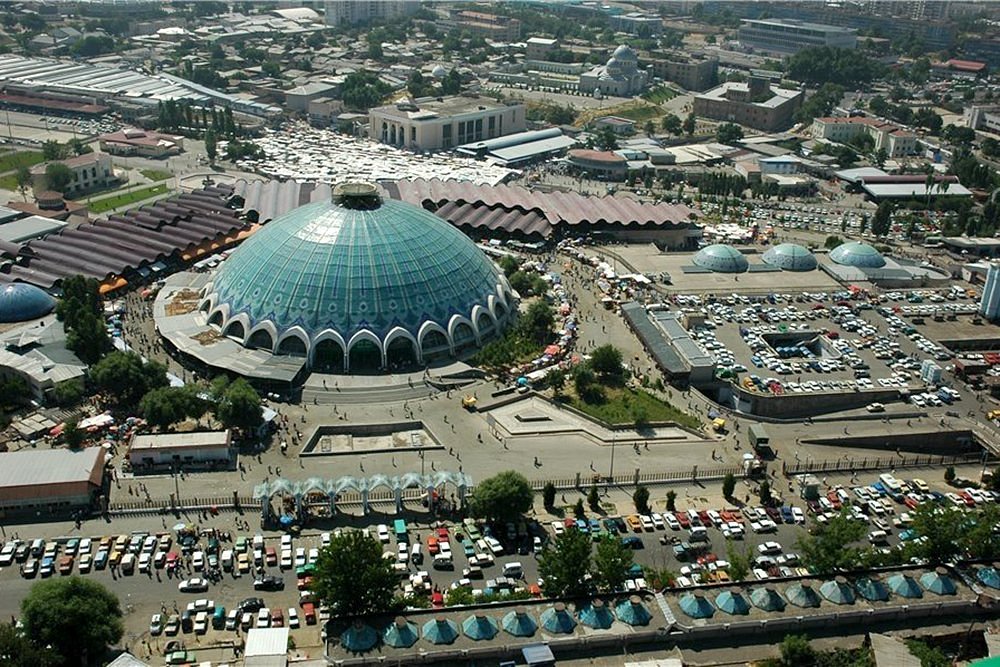
Key future areas for economic collaboration include signing a Preferential Trade Agreement, strengthening cooperation in mining, agriculture, and food industries, and implementing joint projects in pharmaceuticals, textiles, light industry, and the digital economy. The planned Uzbekistan–Jordan Business Council is expected to facilitate direct business contacts, sectoral exhibitions, trade missions, and use Jordan as a hub for Uzbek goods in the Middle East and North Africa.
The bilateral relationship is underpinned by shared Islamic culture, historical heritage, and centuries-old traditions of religious and cultural exchange. This spiritual closeness fosters trust and mutual understanding, creating a strong foundation for humanitarian and cultural cooperation, including academic exchanges, joint educational programs, scholarships, cultural festivals, exhibitions, conferences, and collaboration in healthcare, telemedicine, and Islamic studies.
Looking ahead, the visit of King Abdullah II to Uzbekistan is expected to further intensify bilateral cooperation. Supported by concrete agreements and political will, this visit will provide opportunities for expanded trade, investment projects, and strengthened humanitarian and cultural ties, consolidating Uzbekistan–Jordan relations as a model of sustainable and mutually beneficial partnership in the region.
Follow The Times Kuwait on X, Instagram and Facebook for the latest news updates










